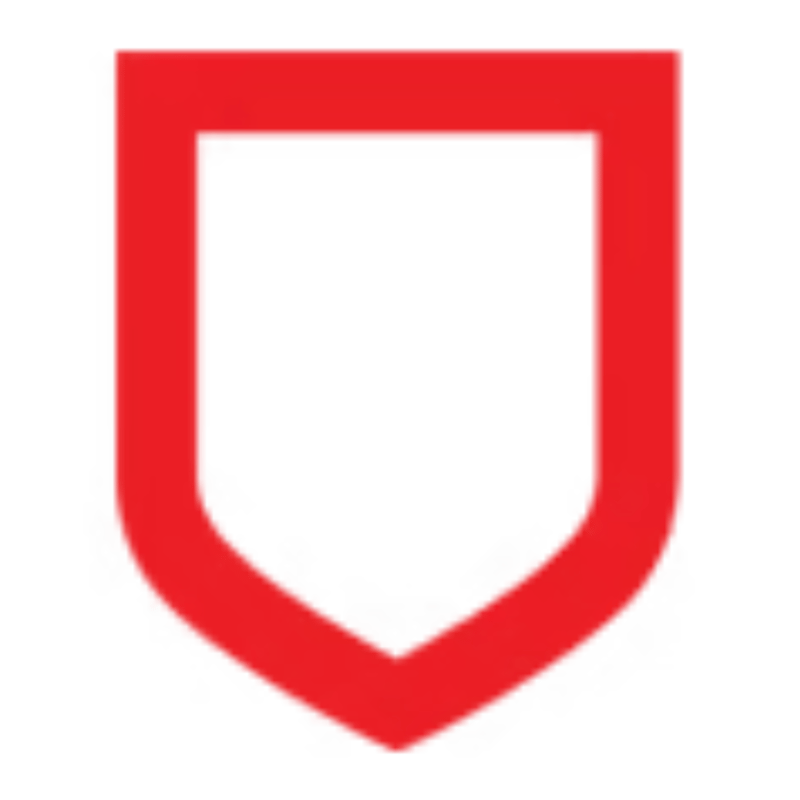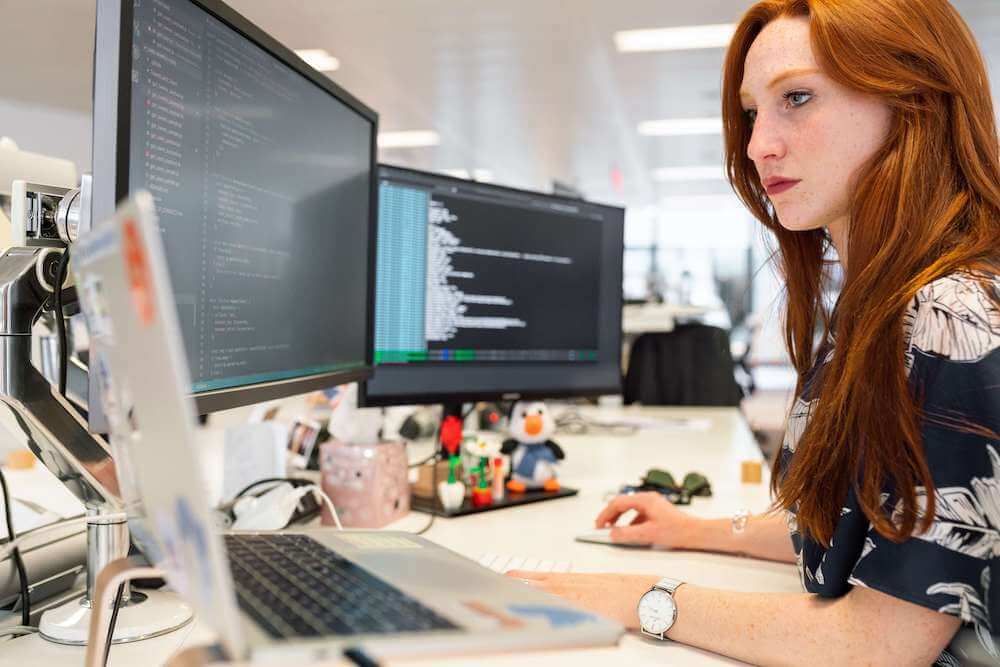
Financial aid (may be available)

Financial aid (may be available)

Financial aid (may be available)

Financial aid (may be available)

Financial aid (may be available)

Financial aid (may be available)

$250 to start
$16,450 total

Financial aid (may be available)

Financial aid (may be available)

Financial aid (may be available)

Financial aid (may be available)

Financial aid (may be available)
No cost info

$103 to start
$412 total
$29 total
$799 total
$4,732 total

$5,599 total
$6,100 total
$9,995 total
No cost info
No cost info
San Francisco is a hub of technological innovation, offering a promising job market for aspiring software developers. The city's thriving tech industry has created a high demand for skilled professionals, making it an attractive destination for those looking to become software developers. With a range of coding bootcamps and classes available in the area, individuals can take the first step towards a rewarding career in software development, earning a competitive software developer salary.

Software development is the process of designing, creating, and maintaining computer programs and applications. Software developers are responsible for a wide range of tasks, from writing code and debugging software to collaborating with teams and testing new features. The field of software development is constantly evolving, with new technologies and programming languages emerging regularly.
There are also coding bootcamps, including coding bootcamp online, that represent focused educational endeavors aimed at accelerating the acquisition of software development skills. Typically ranging from several weeks to several months, these programs provide a structured learning environment for individuals looking to enter or advance in the field. Covering a diverse array of topics including programming languages, web development, and data analysis, bootcamps emphasize experiential learning through hands-on projects, facilitating the development of practical, industry-relevant competencies.
To become a software developer, individuals typically need to have a strong foundation in computer science, programming, and problem-solving skills. Many aspiring software developers choose to pursue a formal education, such as a bachelor's degree in computer science or a related field. However, with the rise of coding bootcamps and online learning resources, it is possible to become a software developer without a traditional college degree.
In San Francisco, there are several options for individuals looking to become a software developer quickly. Coding bootcamps, which are intensive, short-term programs, offer an accelerated path to acquiring the necessary skills. These bootcamps typically last between 12 and 24 weeks and provide hands-on training in programming languages, frameworks, and software development methodologies.
San Francisco is home to a variety of coding bootcamps and software development classes, each offering a unique approach to education and training. Here are a few examples:
App Academy: App Academy is a 12-week, full-time coding bootcamp that focuses on full-stack web development. The program covers a range of technologies, including Ruby on Rails, JavaScript, and React. Tuition for the program is $17,000, and students must meet certain prerequisites, such as completing a coding challenge and passing an interview.
Hack Reactor: Hack Reactor is a 12-week, full-time coding bootcamp that specializes in JavaScript and full-stack web development. The program covers a wide range of topics, including Node.js, React, and computer science fundamentals. Tuition for the program is $17,980, and students must complete a coding challenge and interview to be accepted.
General Assembly: General Assembly offers a variety of part-time and full-time software development classes in San Francisco, including a 12-week, full-time Software Engineering Immersive program. The program covers a range of technologies, including JavaScript, Python, and React. Tuition for the program is $15,950, and students must complete a technical interview to be accepted.
In addition to the in-person coding bootcamps and classes, there are also online and free options available for individuals looking to become software developers in San Francisco.
Online Courses: Many online learning platforms, such as Coursera, Udemy, and edX, offer a wide range of software development courses that can be completed remotely. These courses cover a variety of programming languages, frameworks, and software development methodologies, and can be a more flexible and affordable option for those with busy schedules.
Free Coding Resources: San Francisco is home to a number of free coding resources, such as meetup groups, coding workshops, and community-driven initiatives. These resources can be a great way for individuals to learn new skills, network with other developers, and explore the software development field without the financial commitment of a formal program.
While there is no single certification process for becoming a software developer, many employers and industry organizations offer various certifications and credentials that can help demonstrate an individual's skills and expertise. These certifications can cover a wide range of programming languages, frameworks, and software development methodologies, and can be a valuable addition to a software developer's resume.
The job market for software developers in San Francisco is highly competitive, with a vast array of tech companies and startups actively seeking skilled professionals. Some of the major employers of software developers in the city include tech giants like Google, Apple, and Facebook, as well as smaller startups and local businesses. The demand for software developers in San Francisco is expected to remain strong, with the city's thriving tech ecosystem continuing to drive innovation and growth.
San Francisco's vibrant tech scene and promising job market for software developers make it an attractive destination for those looking to become part of this dynamic industry. With a range of coding bootcamps, classes, and online resources available in the city, individuals can take the first step towards a rewarding career as a software developer, earning a competitive salary and contributing to the city's technological advancements.
Dreambound offers a window into various career paths, so if you're considering a shift in your career, browse through these articles:
Dreambound's platform allows prospective students to find the right educational program for them through searching, filtering, and connecting with our extensive selection of career & technical education partners.
Dreambound has over 70 programs across healthcare, technology, business, and industrial trades. This includes programs such as Medical Billing, Cybersecurity, and welding.
Some of our schools offer financial aid for those who qualify. Many others offer payment plans, where you can pay the cost of class over time.
Yes, Dreambound offers many online programs. On Dreambound's search, you can filter by online, in-person, and hybrid (part online, part in-person).
Dreambound is completely free for you to use! We are supported by schools and organizations who pay to advertise on our website, so we can offer all of our career resources for free.